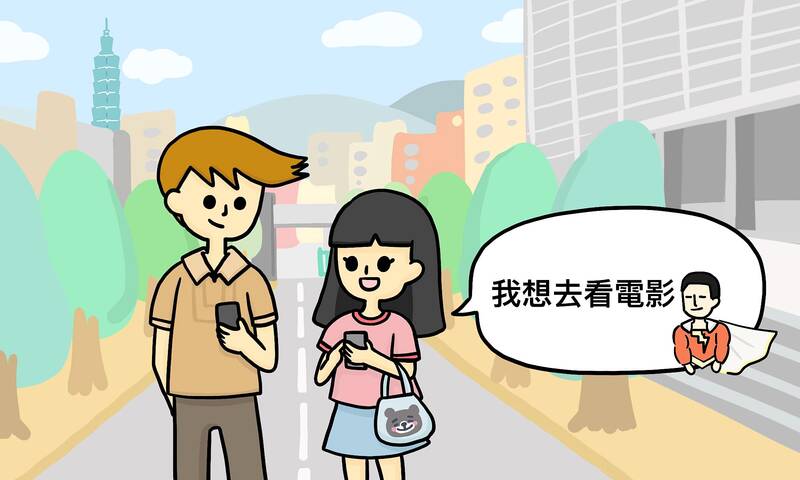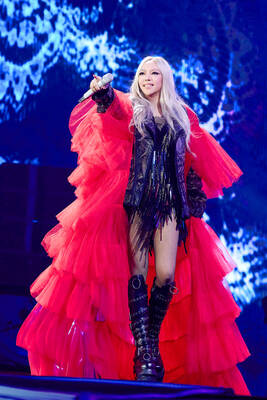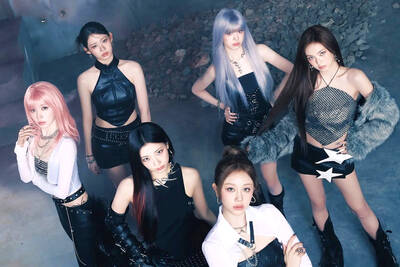對話 Dialogue
小實:馬克,今天考完試了,我想去看電影。
Xiaoshi: Mǎkè, jīntiān kǎo wán shì le, wǒ xiǎng qù kàn diànyǐng.

馬克:好啊!你想看什麼電影?
Make: Hǎo a! Nǐ xiǎng kàn shénme diànyǐng?
小實:我想看《超級瑪利歐兄弟》,好像很有趣。
Xiaoshi: Wǒ xiǎng kàn “Chāojí Mǎlìōu xiōngdì,” hǎoxiàng hěn yǒuqù.
馬克:瑪利歐兄弟……可是我不喜歡看動畫電影。
Make: Mǎlìōu xiōngdì. . . kěshì wǒ bù xǐhuān kàn dònghuà diànyǐng.
小實:真的嗎?那你喜歡看什麼電影?
Xiaoshi: Zhēn de ma? Nà nǐ xǐhuān kàn shénme diànyǐng?
馬克:我喜歡看動作片,特別是英雄電影。
Make: Wǒ xǐhuān kàn dòngzuò piàn, tèbié shì yīngxióng diànyǐng.
小實:我也喜歡英雄電影,我們去看《沙贊》吧!
Xiaoshi: Wǒ yě xǐhuān yīngxióng diànyǐng, wǒmen qù kàn “Shāzàn” ba!
翻譯 Translation
Xiaoshi: Mark, the exam has finished, I want to see a movie.
Mark: OK, what movie do you want to see?
Xiaoshi: I want to watch “Super Mario Bros.” It seems interesting.
Mark: Mario Brothers. . . but I don’t like animation movies.
Xiaoshi: Really? So what movies do you like to see?
Mark: I like watching action movies, especially hero movies.
Xiaoshi: I like hero movies, too. Let’s see “Shazam!”
單字片語 Vocabulary
1. 好像 (hǎoxiàng) seems
2. 有趣 (yǒuqù) interesting
3. 動畫 (dònghuà) animation
4. 動作片 (dòngzuò piàn) action movie
5. 特別 (tèbié) especially, particular
6. 英雄 (yīngxióng) hero
教材音檔 Audio Files
教材影片 Video Files:
https://www.instagram.com/celc.nou_tw/guide/_/17999106352646292/
實踐大學華語中心提供
By Shih Chien University Chinese Language Center: https://chineseusc.com/

A: Happy New Year! I can’t believe it’s 2026 already. Where did you count down? B: I went to pop singer A-mei’s Taitung concert yesterday for the New Year’s countdown. How about you? A: I went to rock band Mayday’s Taichung concert yesterday. Going to their New Year’s shows has become a holiday tradition for me. B: Don’t forget, we’re also going to Jolin Tsai’s show tonight. It’s her first perfomance at the Taipei Dome. A: Yeah, that’s right. It’s great to start the year with good friends and good music. A: 新年快樂!我真不敢相信都已經2026年了。你昨天去哪跨年啦? B: 我昨天去了流行天后張惠妹的台東演唱會,還和她一起跨年倒數。那你呢? A:

Prompted by military threats from Russia, Denmark has recently passed a new conscription law, officially including women in its military draft for the first time. From July 1, 2025, Danish women, upon turning 18, will be entered into the draft lottery. If selected, they are to serve in the military for 11 months, just as men do. Not only has this decision attracted international attention, but it has also sparked discussions on gender, equality and national defense. Although Denmark’s reform appears to promote gender equality, it primarily responds to regional instability and the need to strengthen national defense. With

A: Apart from Taiwan’s A-mei, Mayday and Jolin Tsai, there are many foreign singers coming to Taiwan early this year. B: The South Korean girl group Babymonster are playing two shows at Taipei Arena starting from tonight. Who else is coming to Taiwan? A: Other artists include Australian band Air Supply, K-pop superstar Rain, boy group Super Junior, TXT, US singers Giveon and Josh Groban, and Irish boy group Westlife. B: Air Supply was the first foreign band to come to Taiwan in 1983, and they’re probably the most frequently visiting group too. A: As the year is beginning

Kendrick Lamar is a world-renowned rapper with numerous accolades to his name. He has won 22 Grammy Awards and __1__ music charts in countries all around the globe. One unexpected accomplishment he can add to the list is being a lifesaver, thanks to his 2024 hit “Not Like Us.” According to the American Heart Association (AHA), this song has the perfect tempo for performing Hands-Only CPR. Cardiopulmonary Resuscitation (CPR) is a critical lifesaving __2__ used when someone suffers cardiac arrest and their heart stops beating. It aims to maintain blood flow to vital organs until __3__ help arrives. There